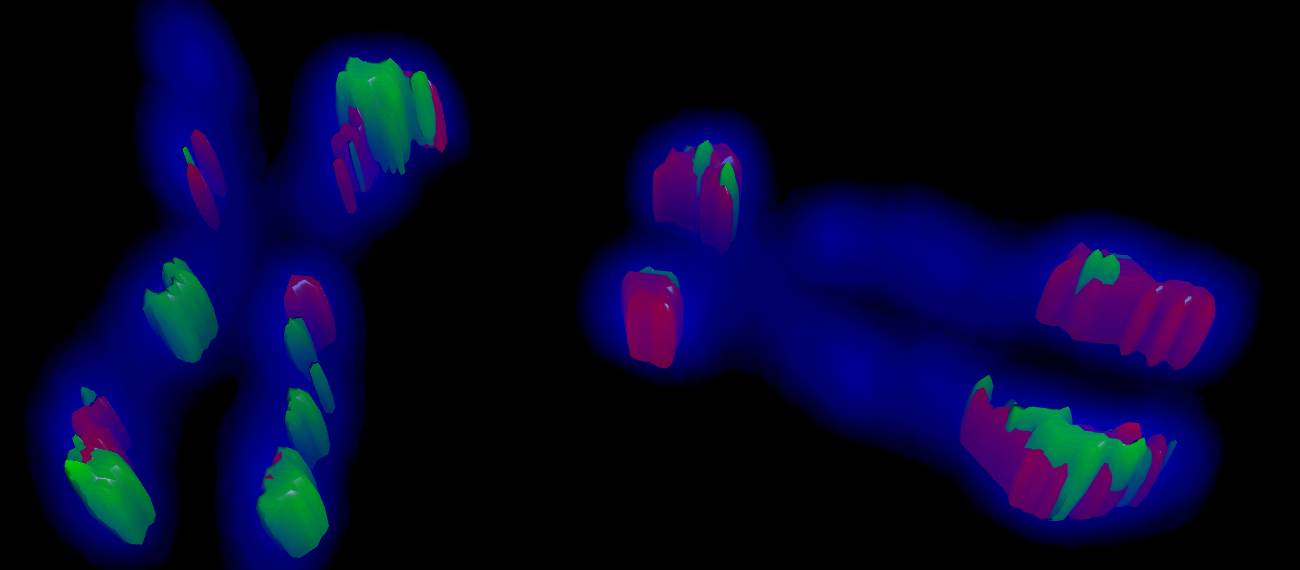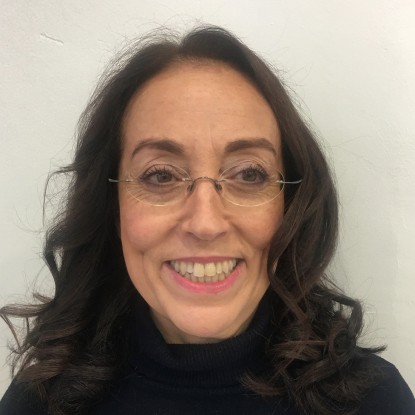We have a strong expertise in radiation biology covering the full spectrum from ionizing to solar radiation. This expertise was consolidated during the DFG-funded research training group 1657 “Molecular and Cellular Responses to Ionizing Radiation” and is further showcased by several research networks funded by the German ministry for research and education (BMBF). In our research we use an interdisciplinary approach to understand the consequences of radiation from the level of single molecules to whole organisms. In this context, we collaborate closely amongst each other as well as with the research groups at the GSI Helmholtz Center for Heavy Ion Research in Darmstadt
Furthermore, we are members of the DFG collaborative research center “Regulation of DNA Repair and Genome Stability” coordinated by the Johannes Gutenberg University of Mainz.
Within this initiative, we focus on mechanistic analysis of genome maintenance systems with the aim to establish functional connections between individual repair pathways and integrate them into larger regulatory networks.
In addition to studying genome function and stability, we are also interested in understanding its three-dimensional architecture and how it changes dynamically during cellular differentiation, reprogramming and disease. In the past, the genome has mainly been studied as a one-dimensional polymer, since methods that facilitate detailed insights into the genome’s spatial arrangement became available only recently. Taking advantage of the well-established interdisciplinary environment at the Department of Biology, we are investigating the interplay between the three-dimensional genome architecture and its function (including genome replication, damage repair, gene expression and interplay with learning processes).
To support our research, we have a variety of instrumentation and related expertise in house including multiple flow cytometry devices and a microscopy core facility.
This is complemented by state-of-the-art equipment for biochemistry, molecular and cellular biology (see also SynBio web page) as well as an animal facility.
PIs @ Department of Biology
| Prof. Dr. Cristina Cardoso | Cell biology and epigenetics |
| Prof. Dr. Patrick Heun | Chromosome organisation |
| Prof. Dr. Bodo Laube | Neurophysiology and neurosensory systems |
| Prof. Dr. Markus Löbrich | Radiation biology and DNA repair |
| Prof. Dr. Alexander Lower | Systems biology of the stress response |
| Prof. Dr. Ulrike A. Nuber | Stem cell and developmental biology |


